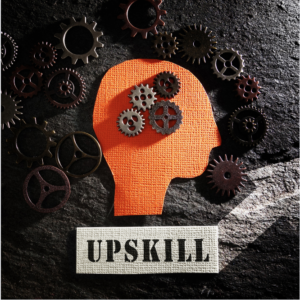Midlife career crisis hitting 35-year-olds
Thirty-five is the new 50 as far as career anxiety is concerned. This is the finding of a British survey undertaken by counsellors belonging to the group Relate together with the broadband company Talk Talk.
Adelaide clinical and organisational psychologist Darryl Cross says he has seen a number of people in their late 20s and early 30s presenting with career anxiety. There is a reason, Cross says, why the midlife career crisis is occurring earlier. It’s all about perception.
“They see others around them who are doing so much better than them,” he says.
And what are the consequences of career stress?
“There’s a myth propagated that success equals power and achievement, and that’s not true,” Cross says.
“Happiness is an inside job, it’s not about external status and possessions.”
Even so, while this may be correct as far as happiness theory is concerned, the reality is something else. Of the 2000 Britons who were surveyed by Relate and Talk Talk, those between the ages of 35 and 44 were the unhappiest, citing “career anxiety, loneliness and relationship troubles”.
The increasingly elusive “success factor” is critical to a sense of office wellbeing, the British survey and Cross’s research underscore. Moreover, anxiety is inexorably linked to perceptions of career placement.
What this means is that if by age 35 your careers stalls, you can forget about making it to the top.
So, what are the sources of anxiety?
If you want to show you can cut it, then there is no better way than managing your present job.
But for a growing number of professionals, successful negotiation of work expectations is problematic. Take data drain, for example. According to a global study by information management and workplace efficiency specialists LexisNexis, Australian workers spend more time than their overseas counterparts receiving and managing data than using it.
In the study of 1700 office professionals, more than 70 per cent admit that the quality of their work suffers because they can’t sort through the mountain of data quickly enough.
It’s just a short step from here to anxiety.
One question that may lead to career unease is when professionals ask themselves: “Am I being efficient?”
LexisNexis’s director of technology and business development Marc Peter says: “Australian workers are finding that the Information Age is causing information rage.
“As a nation we are seeing the increasing need to manage and process more and more information in our day-to-day working lives.
“This requirement is adding not only to the personal stress of our workers, but is also impacting on both the quality and quantity of the work created.”
According to a workplace survey conducted by RobertHalf, 43 per cent of employers are making existing staff work longer hours. The consequences are not just increased worker stress. RobertHalf director Andrew Brushfield concludes from the survey:
“While making staff work longer hours may solve staffing problems in the short term, maintaining this approach in the long term alienates employees and decreases loyalty.”
All the more so if there is not much advancement at the end of it.
A New Scientist report in July last year alerted readers to a study in the US where 1215 people were tracked since their psychological profiles were collected at age 10.
Those who were the most cheerful as children were likely to die young.
In fact, being happy caused a spike in the risk of dying at any point in the participant’s life by 21 per cent over those in the bottom quarter who were the most unhappy.
That’s something to be anxious about at any age.



